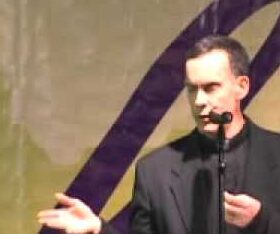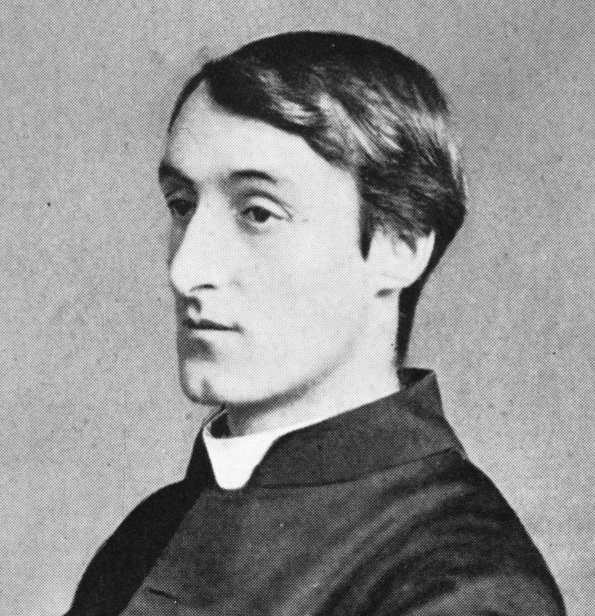The ease with which contemplation can take place when a soul is accustomed to approach God with a deeper surrender of itself is evident in this passage. The great soul at this time, on the other hand, as mentioned already, lies in an excessively conscientious approach to prayer that resists adaptation. And in a real sense, this involves a lack of surrender to God. The conscientiousness to “do prayer” as taught in one’s training is not necessarily a virtue; it actually can be a fault that makes a soul reluctant to alter its ways. The person may have become accustomed for many months, sometimes for years, to fill a silent time of prayer with an imaginative gaze on the Gospel or in searching for spiritual insights. The familiarity of the method has trained the person to seek satisfaction in the acquisition of new thoughts or in the enjoyment of some felt sense of loving God. The virtuous resolutions that may conclude such
prayer give the time of prayer a sense of a purposefulness. For many souls, it becomes very hard to accept that a prayer less active, less searching, a prayer more inconclusive, more open-ended, can be an advancement in prayer. The suggestion to remain quiet seems to invite the laziness of nonactivity into prayer and to yield fruitless results. As we have mentioned, these souls, if they are receiving contemplative graces, are the fervent and dedicated people of the spiritual life. They are people who do give themselves generously in charity and to the will of God. They work hard and spend themselves. Otherwise, the grace of contemplation would not be occurring. But it is precisely this conscientiousness that can work against them at this time. They are not acclimated to a more receptive acceptance of subtle graces from
God. If the person can trust inwardly and allow the soul to follow its deeper instinct of love, as described in the fifth sign, then the door opens to the graced inner desire to seek nothing but to love God in prayer. Unfortunately, an active mentality may tend for a time to resist the “apparent” abandonment of concrete fruits from its prayer. Such a soul may prefer, as Saint John of the Cross comments, to do over and over again what has been done and completed already. The aversion can be strong to doing what is thought to be doing nothing. Yet how mistaken this may be. Saint John of the Cross employs a striking image: removing the rind from a piece of fruit, so that it is ready to eat, and then trying to peel it once again:
“Many behave similarly at the beginning of this state. They think that the whole matter [of prayer] consists in understanding particular ideas and in reasoning through images and forms (the rind of the spirit). Since they do not encounter these images in that loving, substantial quietude where nothing is understood particularly and in which they like to rest, they believe they are wasting time and straying from the right road; and they turn back to search for the rind of images and reasoning. They are unsuccessful in their search because the rind has already been removed. (AMC 2.14.4)”
Saint John of the Cross: Master of Contemplation written by Father Donald Haggerty








Recent Comments